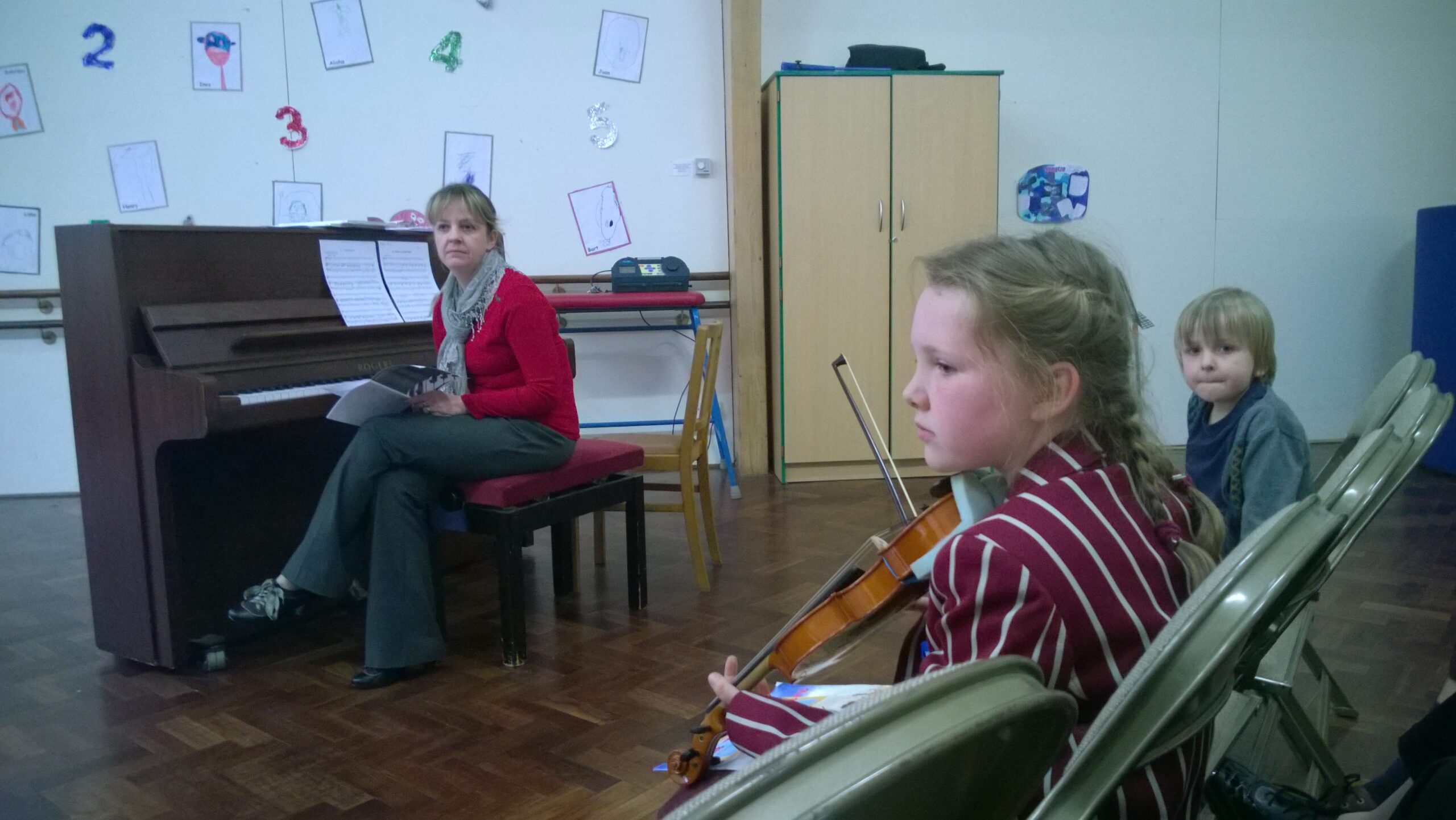How often are we asking the wrong questions? We ask questions to achieve greater understanding, more insight, better results. We ask questions to solve problems. But what if the problems we are trying to solve are the wrong ones? What if the real problems are sitting buried under the surface?
If we don’t identify the right problem, will we ask the right questions? Or will we focus on the wrong ones?
Scott Dannemiller, in the Huffington Post, says that as parents, we focus 100% of our energy asking the wrong question. As modern parents we fill our children’s social schedules with piano and Chinese and hockey. We pressure our children to practice; we put them in extra lessons and fill their extra-curricular lives. And the question he says we’re asking is:
“What might we miss if we don’t take advantage of these opportunities?”
Dannemiller claims that fear is driving us to try to solve the wrong problem. Instead of constantly pushing for more and better, we should slow down, think about what we really want for our children and ask new questions, which consider unintended consequences and underlying motivations. Questions like “What do we really want for our children?” and “What do our children miss out on if we push them this way?”
This challenge isn’t one only faced by parents. We face this in business and in other aspects of personal life. We spend six months – or two years – in meetings discussing a challenge at work, only to find that we haven’t made progress because we’re focused on the wrong thing. We push and push ourselves to improve our work performance, only to realize that a different role is much more fulfilling. Or we stay in a bad relationship and keep asking ourselves what else we can do to make things better, only to realize the problem is that it’s not a relationship we should fix. Once we find the right problem, we ask better questions, and we get to solutions.
If you feel stuck, and you’re not making progress on something – be it your child’s violin lessons or your team’s performance – go back to the questions you are asking and the problem you are trying to solve. If you are asking yourself “Why won’t she practice?” consider asking new questions, such as:
- Why must she practice?
- What are the consequences if she doesn’t practice?
- What are the consequences if I force her to do this every day?
- What am I trying to achieve with this?
- Why is she resisting?
- What else might she be doing during this practice time?
- Why do I care so much about this?
- What are my motivations?
If you are asking yourself why your team isn’t meeting one of its targets, consider the same process. Move from the questions you have been asking and the solutions you have been trying and go back to a broader set of questions to try to identify the root cause. Taking these steps will help you to move forward.

